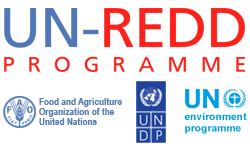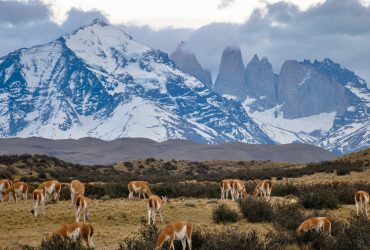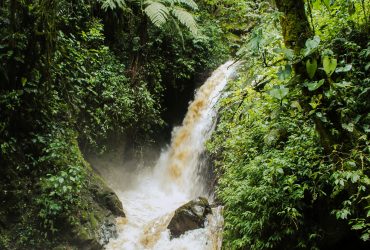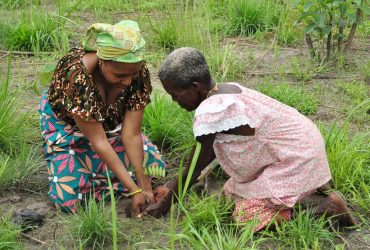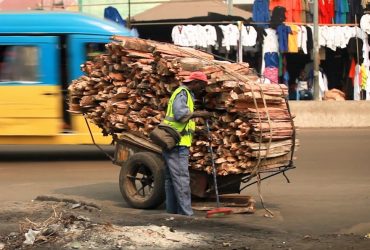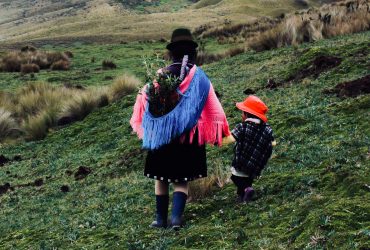REDD+ IMPLEMENTATION
Forest solutions realized. Technical recommendations to involve private sector actors in key supply chains for sustainable production models have been provided. Within the mahogany, charcoal and candelilla value chains, support was provided to reduce barriers to sustainable use.
The NFMS has been strengthened through application of FAO’s assessment tool and improved access to Open Foris Arena. The performance of various temporal analysis algorithms (BFAST, LandTrendr and CCDC) and spectral indices (NDVI, DNFI and NDMI) was systematically tested in three pilot areas, leading to recommendations for the use of future protocols.
Technical support and inputs have been provided for Mexico to strengthen the National Safeguards System. This includes continuous improvements to the SIS, with integration of further information and tools on risk management (Safeguards Care Plan Tool), to help facilitate reporting from the state level. While the development of the second Summary of Information was planned and initially discussed, the report will be finalized in 2022.
Technical support and analysis for assessing potential participation in international carbon markets (ART-TREES) has been carried out, including analysis of gaps related to safeguards conformance.
Technical support and inputs on devel oping communication and training materials on safeguards were provided. This included reporting and analyzing information from the state-level, participation in a safeguards training workshop with Mexican states, as well as the review of materials for the updated SIS website.
Forest solutions rewarded. Recommendations to enhance environmental integrity of REDD+ results and facilitate access to carbon finance were delivered through an assessment of Mexican states’ conformity with ART-TREES. The systematic analysis of the standard’s requirements indicates high levels of conformance in Mexico, including the members of the Governors’ Climate and Forests Task Force (GCF-TF). As reflected in the draft REDD+ Technical Annex, Mexico achieved significant results between 2017 and 2019. The country shows continued interest in exploring options to access carbon finance.
While two jurisdictions in Mexico (Jalisco, Quintana Roo) submitted proposals to the LEAF Coalition, technical and legal recommendations on carbon rights and benefit sharing arrangements were stalled due to the pending legal reform. The need to enable transferability of ERs to third parties and corresponding benefit-sharing arrangements under market based approaches further stresses the value of advancing legal reforms to provide clarity on the rights over emission reductions (ERs). Progress on the required reform bill, however, is still pending in Congress and expected in 2022.
